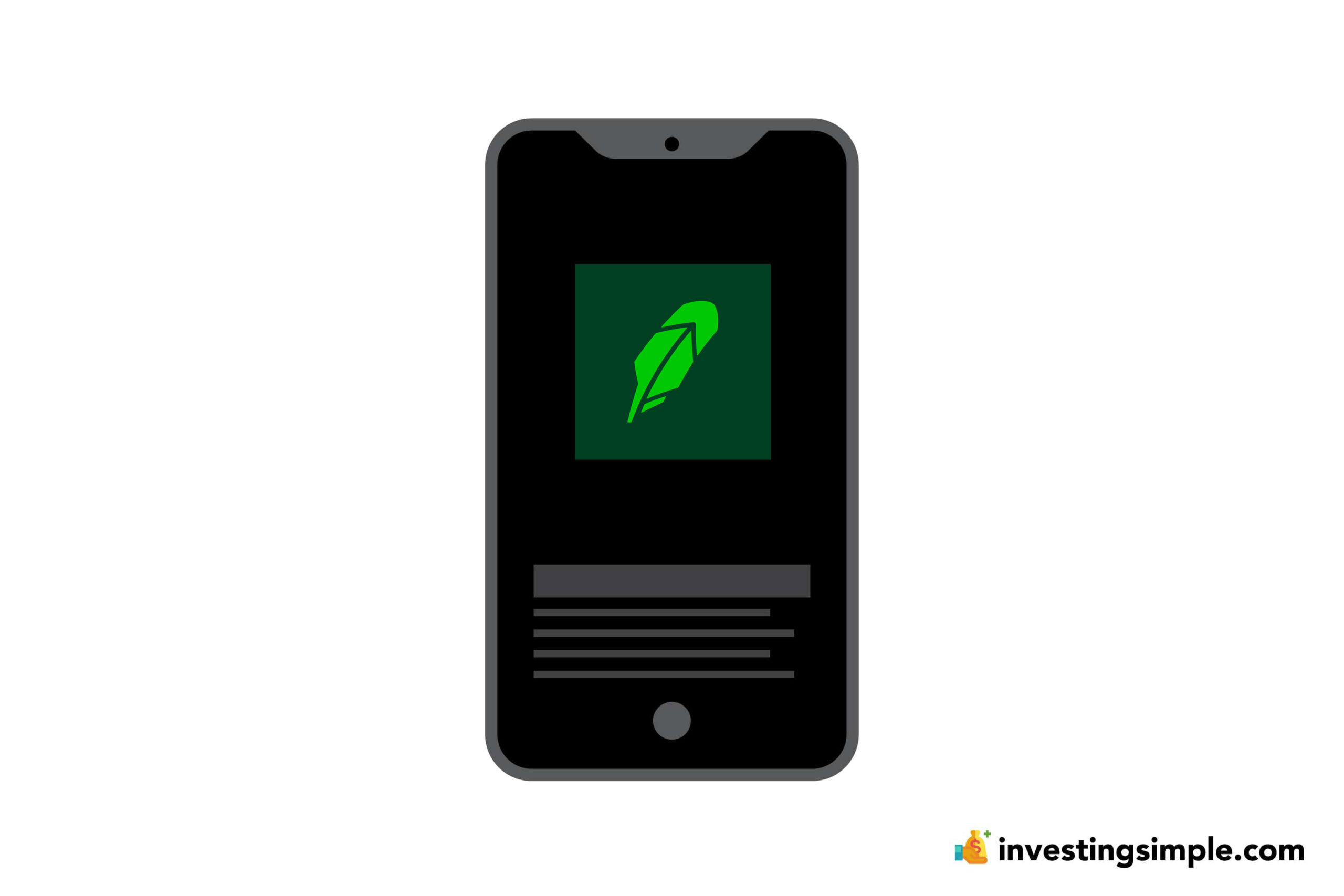





Robinhood is a popular financial app.
With a few taps on your phone, you can invest in stocks, cryptos, and even options through the Robinhood app.
However, many investors wonder what would happen in the unlikely event that their brokerage firm goes out of business - potentially even going bankrupt.
So, what would happen? Let's dive in.
New to Robinhood? Be sure to watch my full tutorial below!
Robinhood is a popular "all-in-one" investing app.
While they are most well-known for their commission free stock trading, they've recently shaken up the Retirement Investing World too.
Introducing Robinhood Retirement; home of the biggest IRA match on the market.
Here's what you need to know:
And don't worry, this comes with a Portfolio Builder Tool. You don't have to construct your investment portfolio from scratch if you don't want to.
Lastly, you'll even get a free stock worth up to $200 when you open a new Robinhood account using our link.
Despite its innovative approach to investing, Robinhood operates within the same regulatory framework as traditional brokerages.
One crucial safeguard is its membership in the Securities Investor Protection Corporation (SIPC), a federally mandated insurer for securities held by customers of American brokerages.
First of all, if you invest in stocks or ETFs with Robinhood, your assets have SIPC insurance.
In a nutshell, this covers you in the event that your broker loses your financial assets or cash.
Since Robinhood is a member of SIPC, you are covered for up to $500,000 worth of securities, including $250,000 which can cover cash.
So, if Robinhood somehow went out of business and lost customer assets, the SIPC would step in.
In addition to the brokerage platform, Robinhood offers a high yield savings account as well as a spending account with a debit card.
Robinhood itself is not actually a bank - instead, they partner with FDIC insured banks.
If Robinhood were to go out of business, that would have no impact on your deposits which are actually held at the partner banks.
Now, if those partner banks began to have solvency issues, your deposits would be protected through the FDIC.
The Federal Deposit Insurance Corporation (FDIC) is a government agency in the United States that provides deposit insurance to depositors.
It was created in 1933 in response to the widespread bank failures during the Great Depression.
The standard insurance amount is $250,000 per depositor, per insured bank, for each account ownership category.
It's important to keep in mind that Robinhood is a publicly traded company which is required to provide quarterly earnings updates to shareholders.
Part of this update is details surrounding the amount of cash they have in the bank. If they were running low, they could take numerous measures - including issuing more shares to raise more capital.
In the unlikely event that their business began to falter, they would most likely be acquired by a larger brokerage firm, and your investments would transfer over.
If you want to learn more about Robinhood, check out our full beginner's guide about how Robinhood works here.